Shared interests, but no mutual benefit

Imagine... someone close to you is committed to preventing animal suffering and stops eating meat, but buys a new fur coat every month. Or someone you know is campaigning worldwide for better climate plans, but does fly all over the world every week to do so. Probably you and I would react with surprise. We would explain that their actions contribute to the problem they are trying to solve. Whereas this incoherence is immediately noticeable in our immediate environment, outside it is far from always the case. For instance, incoherence within the Netherlands' Foreign Trade and Development Cooperation (BHOS) policy has been the most normal thing in the Netherlands for years.
Drought in Horn of Africa remains under the radar
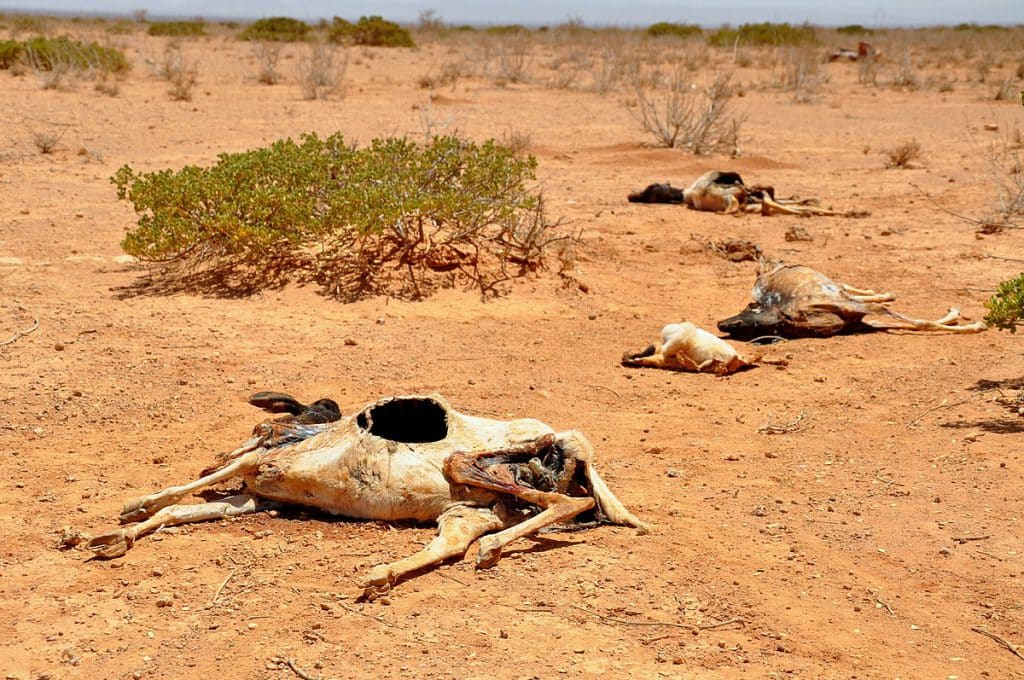
Parts of the Horn of Africa are facing extreme drought. The worsening crisis by the day is not getting much-needed attention because of the war in Ukraine. Dire food shortages are exacerbated by rising grain prices. The drylands lack attention, financial support and a long-term vision with regard to climate adaptation.
UPDATE: April 7 at 8.30pm: West Papua Political Cafe
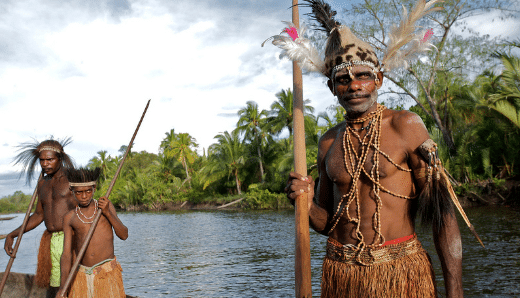
Foundation Max van der Stoel organises a political café several times a year in order to take a deeper look at a political conflict taking place somewhere in the world. On 20 January, the last edition took place on the situation in Ethiopia. On 7 April at 20:30, Foundation Max van der Stoel is organising a new political café, this time on West Papua. During the discussion, several experts will discuss the many aspects of this conflict.
Netherlands and OECD countries toast without Africa to revise international tax system
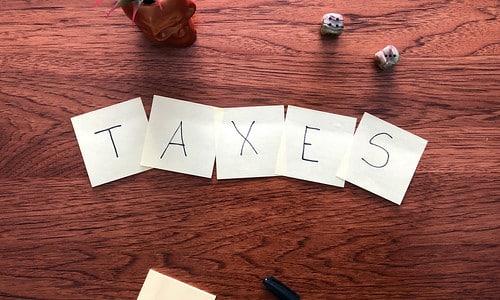
The Taxes Committee debate will take place in the House of Representatives on Thursday, 17 March. Many of us already feel our eyelids getting heavier upon hearing the word 'taxes' and that is very understandable. However, those who look into it will realise that it is an eternal sin to ignore this topic. Indeed, the revision of the international tax system is on the agenda, something that affects almost every country in the world. But these implications are not the same for every country.
African voice is crucial
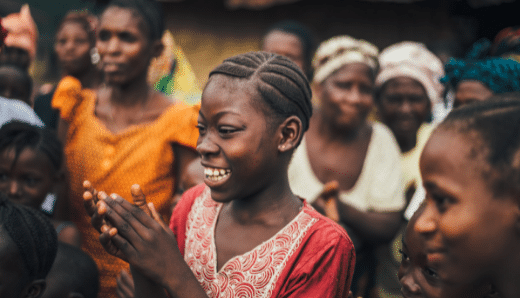
The African continent is rich in diverse cultures, nature and resources and also has an incredibly young population. This makes for endless opportunities and possibilities. Already highlighted in an earlier article, this is why African youth are eager to achieve a bright future for their countries. And it is important to hear these voices! For many years, we have organised Africa Day, where engaging these voices in social discussions has always been the core value.
Towards EU-Africa summit
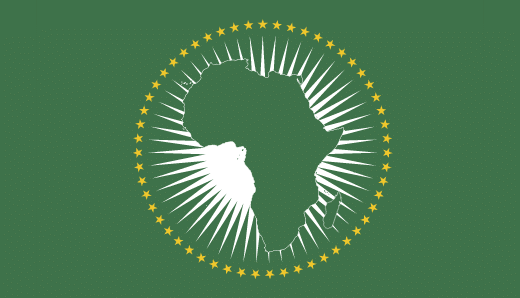
Last December, President Macron spoke of establishing a "fair system of peace and prosperity" at the upcoming EU-Africa summit in Brussels on 17 and 18 February. Now that France holds the EU presidency and Macron will thus be the host of this sixth summit, he can really start putting this ambition into action. According to the African Union (AU), this is an important moment for establishing long-term cooperation that represents more than just a donor-and-receiver relationship.
Will you be our new intern?
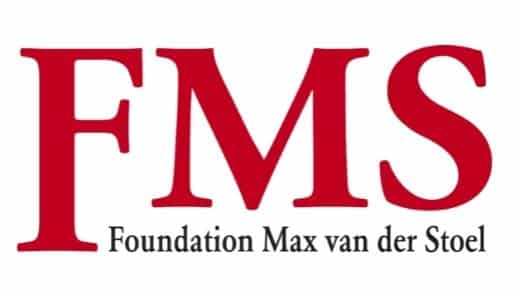
Will you join our team? Due to a cancellation, we have another internship position available!
Retrospective Political Café Ethiopia
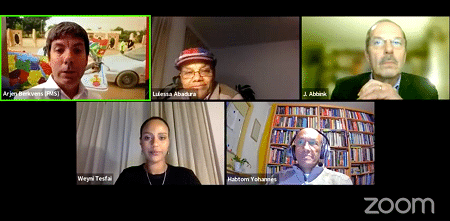
On 20 January, we organised an online political café on Ethiopia, in view of the recent escalation of the conflict (reference to Dorine's article). Our speakers were Lulessa Abadura from the Gurmuu Foundation; Habtom Yohannes, PhD candidate at Radboud University; Jan Abbink from Leiden University; and Weyni Tesfai, cultural anthropologist and historian in the field of Africa studies.
Impunity in DRC leads to major humanitarian crisis: International aid required
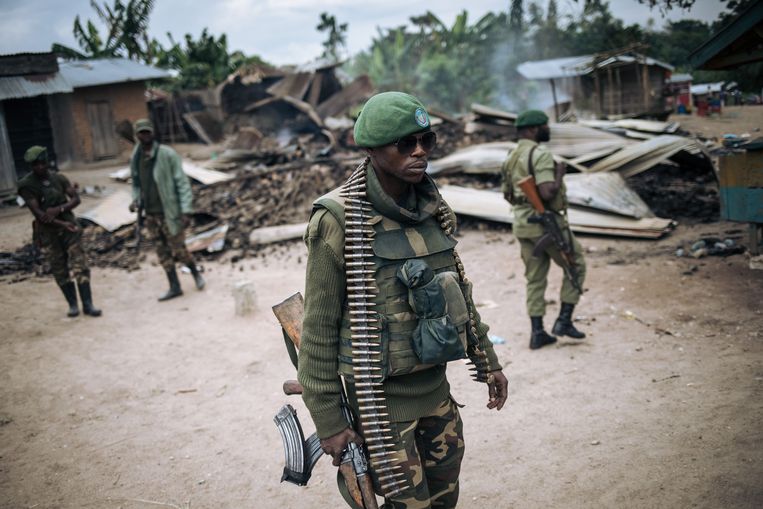
The corona crisis exacerbated many already prevailing problems in the world: Poverty and food insecurity increased in large numbers. Time has been set back in terms of poverty in many places. However, crises beyond corona unfortunately remain. One of the biggest crises currently taking place globally is in the Democratic Republic of Congo. According to the UN, 19.6 million people in Congo are in acute food insecurity, meaning people have so little access to food that their lives are at risk. 3.6 million children are even acutely malnourished and thus at high risk of death. Yet we hear little or nothing about this. How is it that one of the biggest humanitarian crises seems to remain so out of the picture?
The war in Yemen
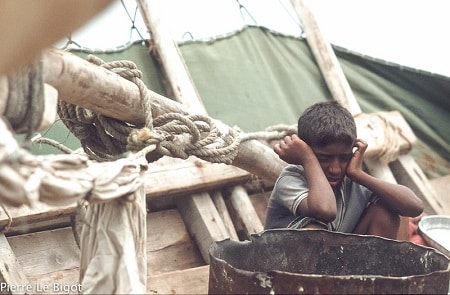
The war in Yemen goes on and on, after seven years of unrest. It all started during the Yemeni Revolution in 2011 and 2012, when the government of Ali Abdullah Saleh was overthrown. However, the historical roots of the conflict go much further, back to the eight-year civil war between republican and royalist forces that began in the September Revolution of 1962.

